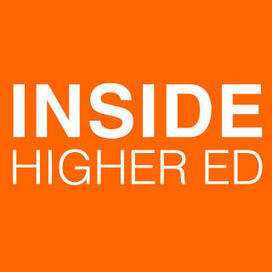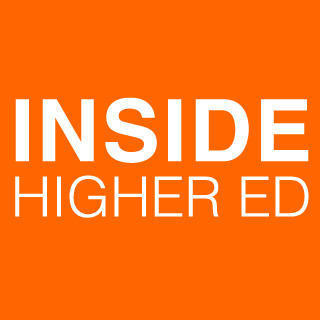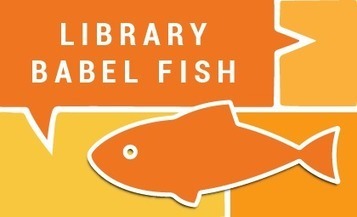Show Notes:
On this episode of The Librarian's Guide to Teaching, Amanda and Jessica talk with Barbara Fister, Scholar-in-Residence at Project Information Literacy and co-researcher on PIL's latest study, "Information Literacy in the Age of Algorithms: Student Experiences with News and Information, and the Need for Change." They discuss the report’s findings, potential barriers to implementing algorithm education and ways that librarians can be a part of the change in higher education.
Guest Bio:
Barbara Fister is a Scholar-in-Residence at Project Information Literacy and co-researcher on PIL's latest study, "Information Literacy in the Age of Algorithms: Student Experiences with News and Information, and the Need for Change." For three decades Barbara coordinated the library instruction program at Gustavus Adolphus College...
Resources related to this episode’s theme and mentioned in the show include:
- Algorithm Report Abstract & Links
- Full Report: Information Literacy in the Age of Algorithms: Student Experiences with News and Information, and the Need for Change
- Algo Report Additional Readings
- Tweet of the week
https://twitter.com/Jessifer/status/1222177875719327744



 Your new post is loading...
Your new post is loading...














